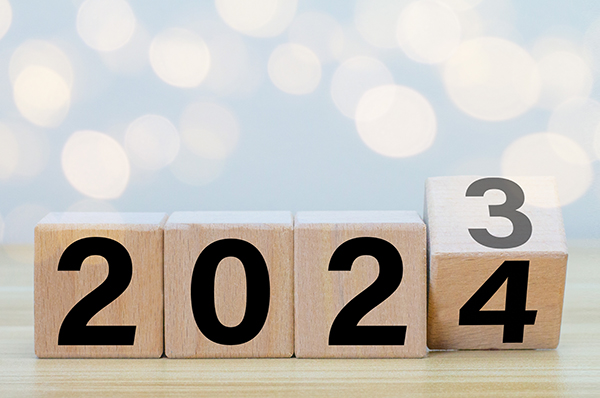Many people have the idea that everything on the Internet is public domain and free for the taking. In reality, nothing could be further from the truth.
Remember the amazing photo you took of that 12-point buck silhouetted against the sunset you posted on Facebook? If someone were to download that image and place it on their website or blog without your knowledge or permission, they’re guilt of copyright infringement.
It doesn’t matter if they did so out of ignorance; you have the right to sue for damages.
Just because images, video, music or any other creative work is published online doesn’t mean you are free to use it. U.S. Copyright law states that as soon as someone puts an idea in a tangible form, it belongs to that person.
Now if you’re an amateur, you’d be hard-pressed to prove you suffered any economic hardship. But if you were a professional, making your livelihood from royalties off your images—well, a judge would view that in an entirely different light.
That’s what happens when you inadvertently use a professional photograph you found in a Google image search.
If the image you downloaded happens to belong to Getty Images, you may find yourself the recipient of what’s been called the Getty Images Extortion Letter, demanding you pay two to five times the original cost of the image.
A reputable web firm or professional designer ought to use licensed images in their design; otherwise they—not you—are liable for any copyright infringement. But if you pull images off the Internet and give them to your web designer to use on your site, that’s on you.
The same is true if you ‘copy and paste’ text from a competitor’s site and use it on yours.
The best rule-of-thumb is, unless its says otherwise, assume everything you find online is copyrighted. Because, in all likelihood, it is.
{{cta(’28e6e571-9166-4084-9daa-a65747fc58f7′)}}












